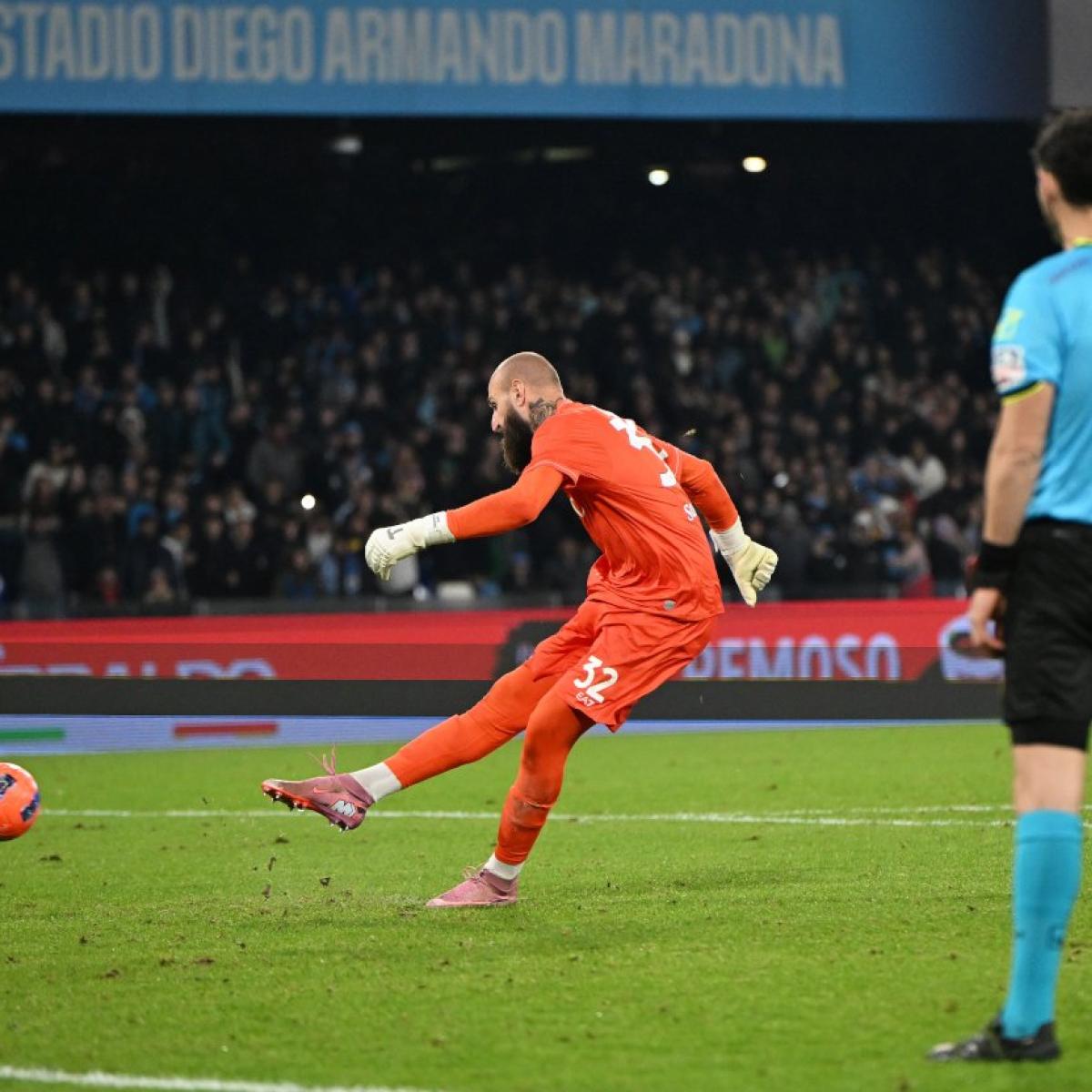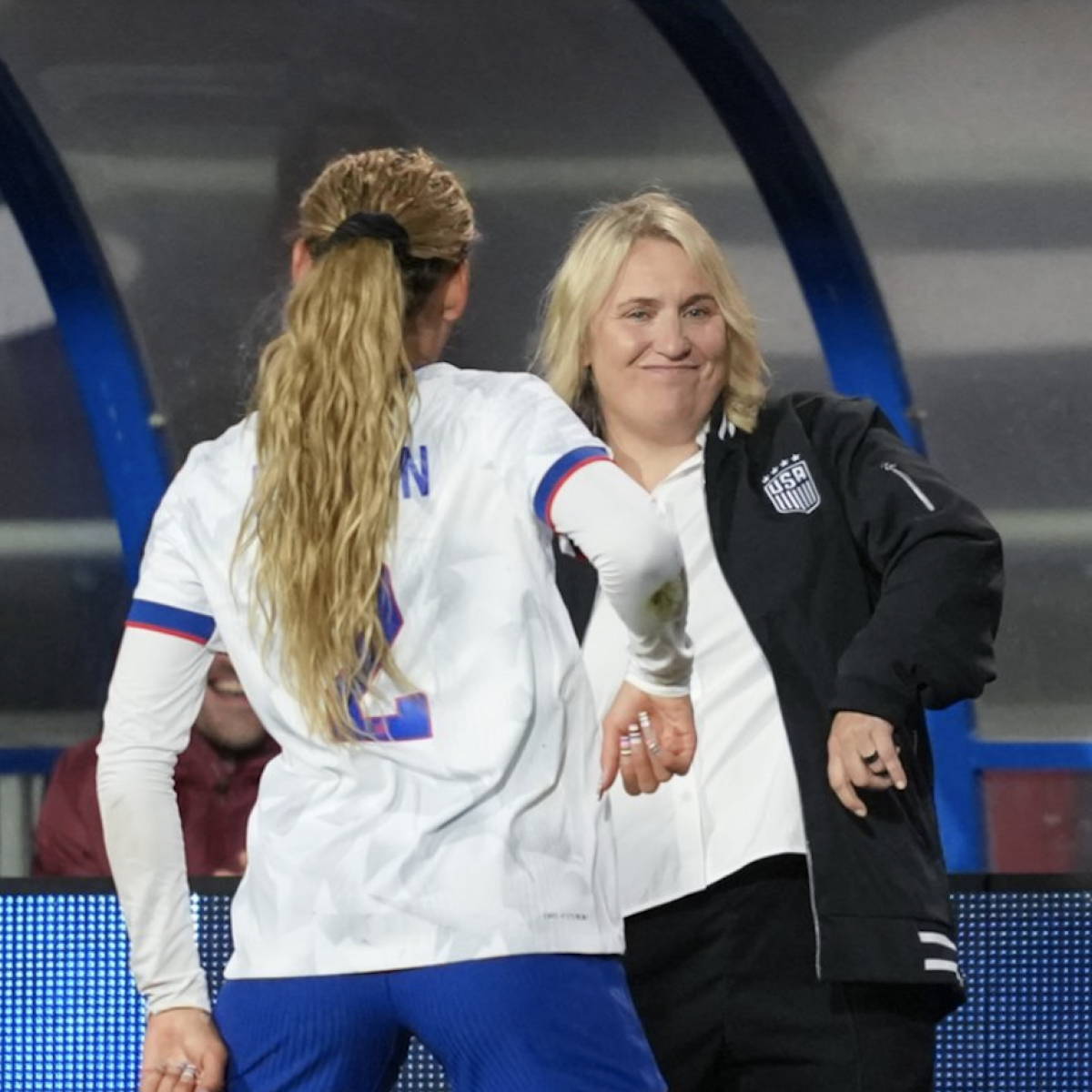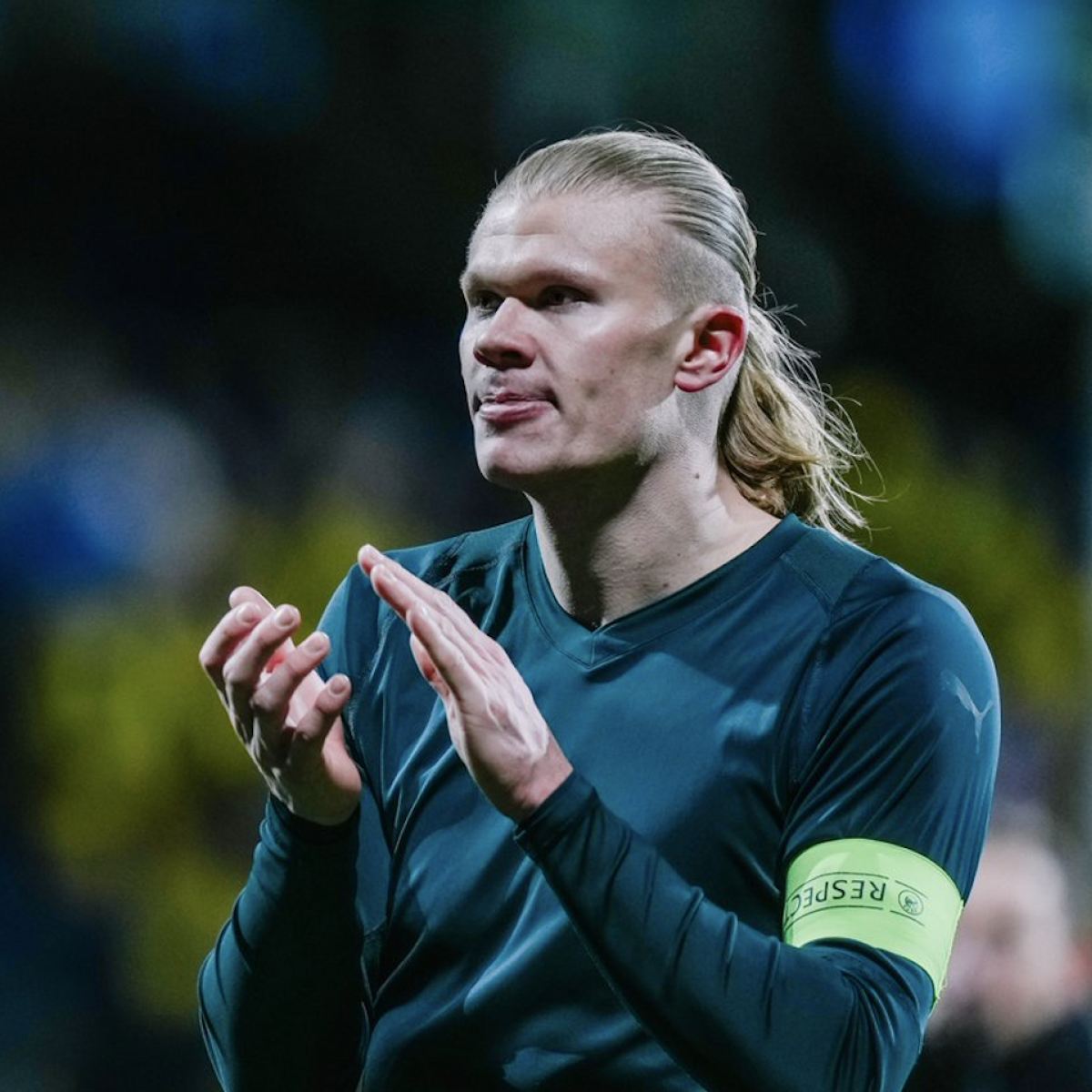Every time it’s derby week in Europe, from Manchester to Madrid to Milan, American soccer fans listen to British commentators and ask themselves how to pronounce derby. Being one of the few American soccer websites that actively refuses to use British English, we at The18 decided it was time to once again explain basic soccer terms in American English.
While most of the differences between UK and U.S. soccer terms are minute and meaningless, a vocal group of people become viscerally angry when you use a term that is different than what is used in England. If The18 had a dime for every “it’s football, not soccer” comment we got on Facebook, we’d be a Fortune 500 company. Thus, it’s important we stand up for American English and fight back against the Eurosnobs who refuse to acknowledge the word soccer was created by the British.
This guide will be primarily aimed at those in the U.S. but will also be useful for anyone who thinks the only way to talk about soccer is with a British accent.
Before we begin, please remember that all language is arbitrary. It’s necessary to have words with widely accepted definitions — how else would we understand anyone? But the fact any given group of sounds and letters stands for any given concept is mostly arbitrary. Thus, it doesn’t really matter what you call the beautiful game, as long as those you’re communicating with understand what is being said. Also, for the record, when we say American, almost always we’re referring to the demonym for the United States, not someone from North or South America.
How To Pronounce Derby And Other Things — A Guide For American Soccer Fans
How To Pronounce Derby In The U.S.
Let’s start with the crux of the issue today: how to pronounce derby. In my experience, this is perhaps one of the hardest concepts for American soccer fans to grasp.
The problem comes from the fact derby is pronounced differently in the U.S. and the UK, despite meaning the same thing. Americans watching European soccer, which is mostly commentated by Brits, are bombarded by announcers pronouncing it one way when in fact it’s pronounced another way back home.
Derby means a horse race, a contest open to all comers or a sporting event between two local teams. In British English, derby is pronounced dar-bee. In American English, derby is pronounced dur-bee.
Unfortunately, more often than not, I hear Americans — including a number of folks at The18 — pronounce derby as dar-bee. An American saying “dar-bee” is referring to “a plasterer’s float consisting of a long narrow strip of wood with two handles.” (There’s also a Canadian soccer club called Darby FC, but the club got its name when Darlington and Whitby soccer clubs merged.)
So the next time you’re talking about the Manchester Derby with friends, remember to pronounce it dur-bee like the Kentucky Derby, lest you slip into an English accent like a weirdo.
Soccer vs. Football
Is it soccer or football? We honestly don’t care, and this entire category is for terms that can go either way.
- Football vs. soccer
- Match vs. game
- Pitch vs. field
- Penalty vs. PK
- Away vs. road
Which is preferable? They’re all fine in our eyes. The words mean the same thing, so we’re not going to waste any more time differentiating between them. And we hope you don’t hold a grudge when we use them interchangeably.
Plurality Of Team
There is no issue that sticks in my craw like British grammar pluralizing collective nouns. It’s an issue that has created an entire army of Americans who don’t know how to use proper English in the U.S., and it sends shivers down my spine like those little wooden spoons that come with single-serving Blue Bell ice cream you get at kids’ birthday parties.
I’ve written about this in length before, so here’s a quick refresher (read the full explanation here). In British grammar, collective nouns such as “team” or “family” are considered plural. In American English, those collective nouns are singular. You say “the family is going to dinner” and not “the family are going to dinner.”
Despite this being a well-understood concept in the U.S., when it comes to soccer Americans often completely forget this fact. People say “Manchester City are playing really well” instead of “Manchester United is playing really poorly.” Most of this is because of British media companies and broadcasters using their British grammar, but it doesn’t help when American companies like NBC, ESPN and Fox continue to proliferate a type of grammar that is incorrect in this country.
We here at The18 will do our best to always use proper U.S. English when referring to soccer teams. After all, the U.S. is home to the best soccer team of all time, and we will always refer to the USWNT as a singular unit.
Alas, most soccer fans will still prefer to use English grammar when talking about soccer. While I have no problems with switching up diction between English and American vernacular, I draw the line at grammar. As someone who has read and reread the AP Style Book, I know how important it is to have consistent language for quick, concise legibility. So I’ll continue to complain about British grammar just as vociferously as those annoying twats who complain every time we use the word soccer.
Of course, as I already mentioned, language is arbitrary. As long as everyone can understand what is being said, it doesn’t really matter all that much.
But when you want to know how to pronounce derby, just remember we’re in America, home of the Kentucky Dur-bee, not the Kentucky Dar-bee.




